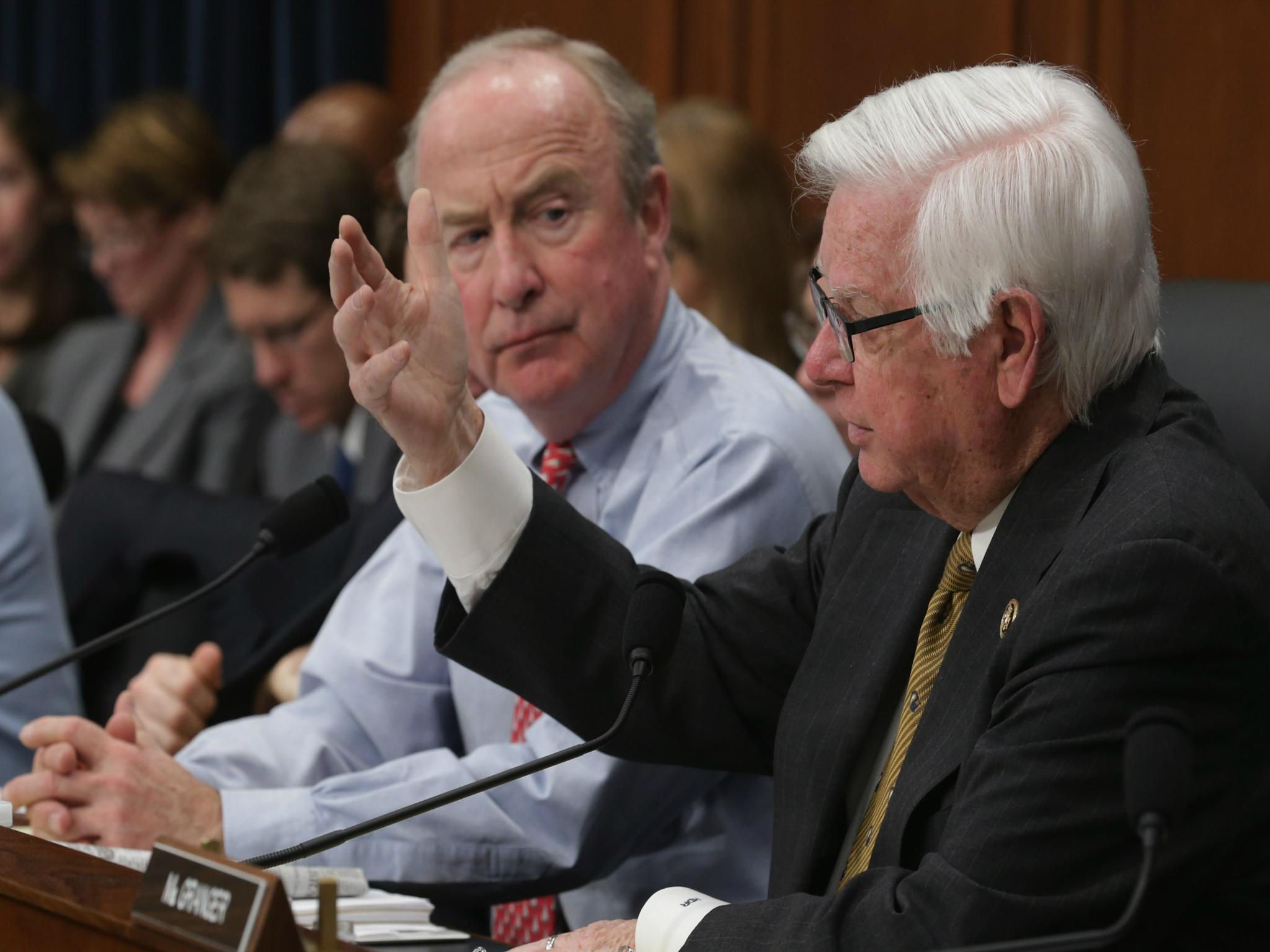Republican politician didn't like the letter he got from a constituent, so he wrote to her boss
Employee has since resigned

Your support helps us to tell the story
From reproductive rights to climate change to Big Tech, The Independent is on the ground when the story is developing. Whether it's investigating the financials of Elon Musk's pro-Trump PAC or producing our latest documentary, 'The A Word', which shines a light on the American women fighting for reproductive rights, we know how important it is to parse out the facts from the messaging.
At such a critical moment in US history, we need reporters on the ground. Your donation allows us to keep sending journalists to speak to both sides of the story.
The Independent is trusted by Americans across the entire political spectrum. And unlike many other quality news outlets, we choose not to lock Americans out of our reporting and analysis with paywalls. We believe quality journalism should be available to everyone, paid for by those who can afford it.
Your support makes all the difference.A New Jersey Congressman called an activist a “ringleader” of opposition to him in a fundraising letter to the constituent’s employer, which ultimately led to her resignation.
Republican Representative Rodney Frelinghuysen wrote a fundraising letter in March to Lakeland Bank in Caldwell, New Jersey which called for early donations to his 2020 campaign because he was under threat by “organized forces.”
Below the letter, there was a note that read “P.S. One of the ringleaders works in your bank!” It appears to be in the same ink and handwriting as Mr Frelinghuysen’s signature on the letter.
He was referring to Saily Avelenda, a senior vice president and legal counsel at the bank.
She was not fired by the bank, but told WNYC that she had to write a statement explaining the situation to her CEO. The pressure she felt to defend her political involvement outside of her employment is what led her to resign, she said.
WNYC reported that the letter was on the Congressman’s 2020 re-election campaign stationery and addressed to board member Joseph O’Dowd.
According to Federal Election Commission records, Mr O’Dowd has given $700 to Mr Frelinghuysen during previous elections and contributes to lobbying groups for bankers who have met with Mr Frelinghuysen.
In the letter he said groups, “both national and local...are already hard at work to put a stop to an agenda of limited government, economic growth, stronger national security.”
The letter came attached with a news article quoting Ms Avelenda as a member of the group called NJ 11th for Change, made up of almost 7,000 constituents in Mr Frelinghuysen’s district. The group formed in the wake of Donald Trump’s election win and called for Mr Frelinghuysen to hold town halls with his constituents, something he has not done in four years.
The representative has held telephone town halls, where interaction can be more controlled by his office.
The group holds weekly protests outside of his office in New Jersey and scheduled trips to his DC office.
NJ11th for Change has also organised so many phone calls to the representative’s office that it prompted him to say: “For people who have jammed our lines and made it difficult for us to meet our constituent needs, it would be nice for you to back off.”
“I thought my Congressman put them in a situation, and put me in a really bad situation as the constituent, and used his name, used his position and used his stationery to try to punish me,” Ms Avelenda said.
A lawyer told WNYC that Mr Freylinghuysen’s letter is not illegal because he used campaign stationary to write the letter not his official Congressional letterhead.
Mr Frelinghuysen is considered a powerful member of Congress after becoming chair of the House Appropriations Committee, which determines all federal funding.
His office responded in a statement saying the Congressman is “in no way involved in any of the bank's business and is unaware of any of the particulars about this employee's status with the bank.”
The statement referred to the note at the bottom of the fundraising letter as “innocuous.”
Join our commenting forum
Join thought-provoking conversations, follow other Independent readers and see their replies
Comments